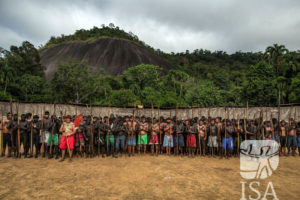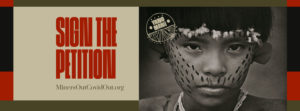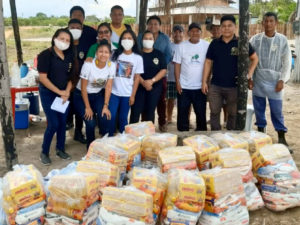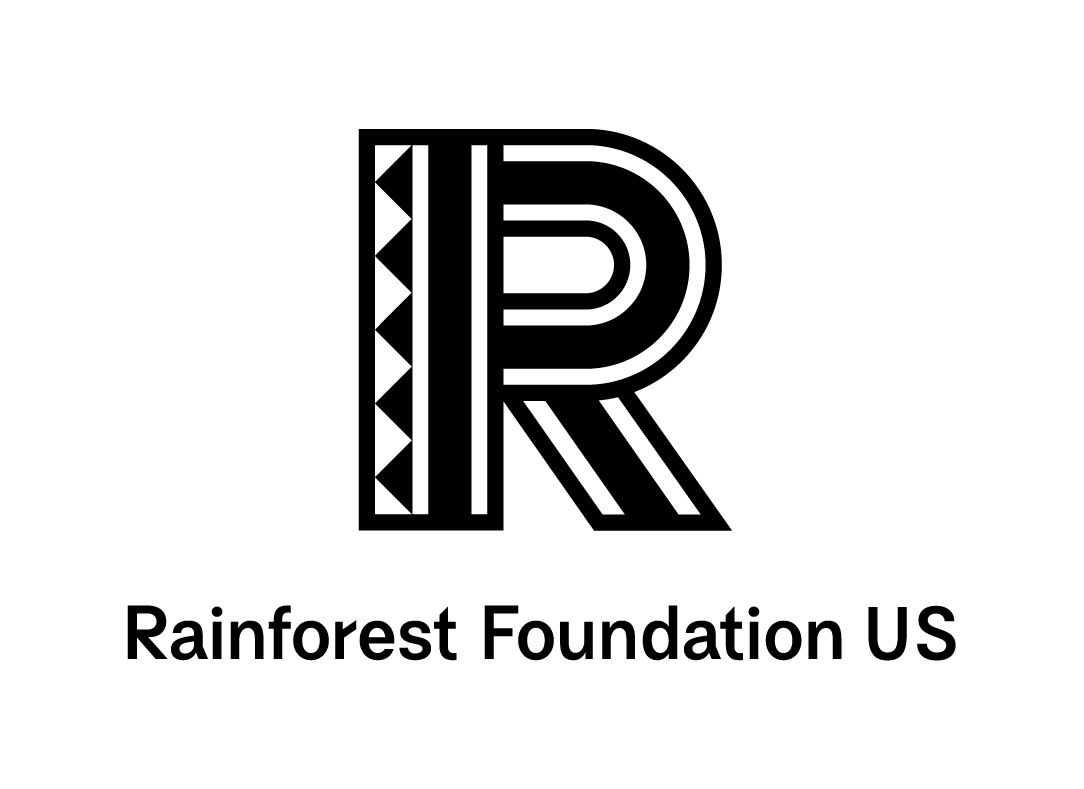December 10 marks a historic day in Panama. After 40 years of struggle, the Embera and Wounaan communities of Arimae finally received their land title.
Although not a large area, spanning just over 77 square miles (200 square kilometers), Arimae is historically and symbolically significant for the indigenous peoples of Panama. This is where the indigenous struggle for collective lands was born.
In the 1970’s, the Panamerican Highway began construction, plowing through Arimae and bringing with it hundreds of farmers—called campesinos—in search of land and a living in Panama’s Darien wilderness.
At that time, Arimae was nearly ten times its current size. Over the years, territory was lost to campesinos as the government looked the other way. In response, the community organized. It held marches, blocked the construction of the highway, hired lawyers to file demands, and protested so loudly that the government had no choice but to react.
They negotiated with campesinos, and were able to save the core of their territory. Some campesinos refused to negotiate, and brought cases against the community, which made their way through the system until they arrived at the Supreme Court. In the end, the indigenous peoples won; the government promised to hand them their title on December 10, International Human Rights Day.
A ceremony was held in Arimae’s community building, with the presence of various government ministers. The title was formally presented to Elivardo Membache, community leader and Cacique of the Collective Lands Congress. Embera and Wounaan women danced and sang, and over a thousand participants partook of food that the community had spent days preparing ahead of time.
The titling ceremony was held as the negotiations over a climate agreement end in Paris—and is absolutely relevant to the discussions going on so far away.
“By titling Arimae and Embera Puru, we’re helping stop deforestation. We’re protecting water and animals. We’ve won our territory. We are going to use it sustainably, for the health of our community. At the COP21 that is happening right now in Paris, everyone is concerned with climate change. In titling indigenous lands, the Panamanian government is contributing to preventing climate change.”
– Elivardo Membache, community leader and Cacique of the Collective Lands Congress
With more than 20 collective lands in the Darien lacking formal titles, hopefully Arimae will set a precedent, and Panama will title more indigenous lands in the coming year.





